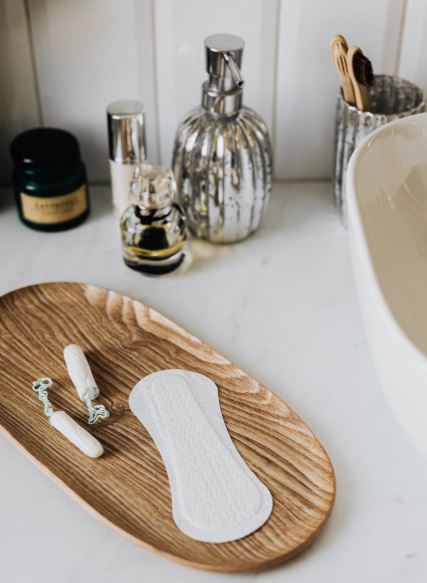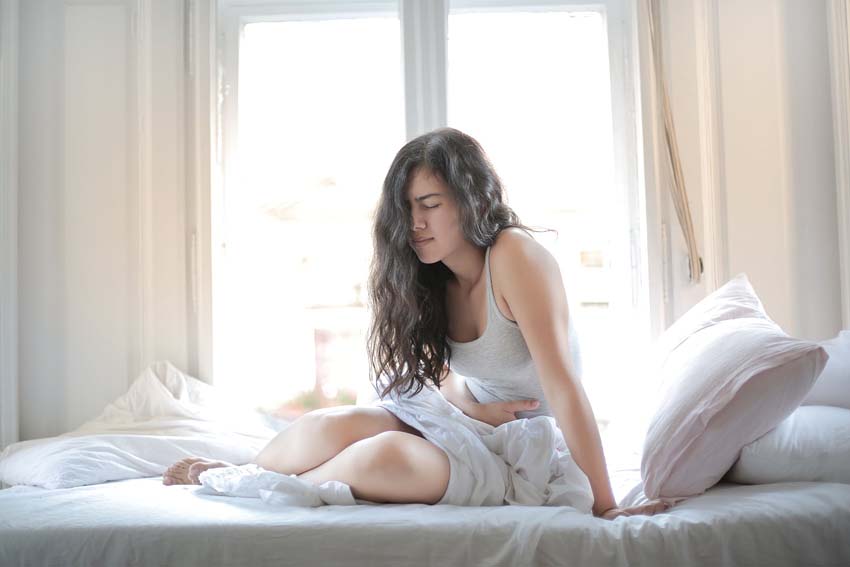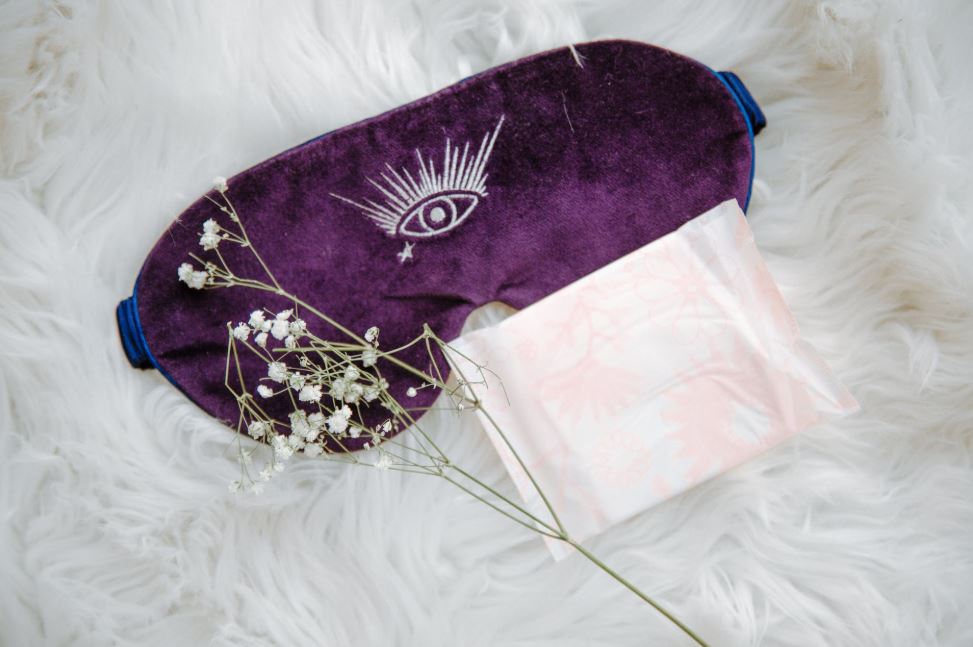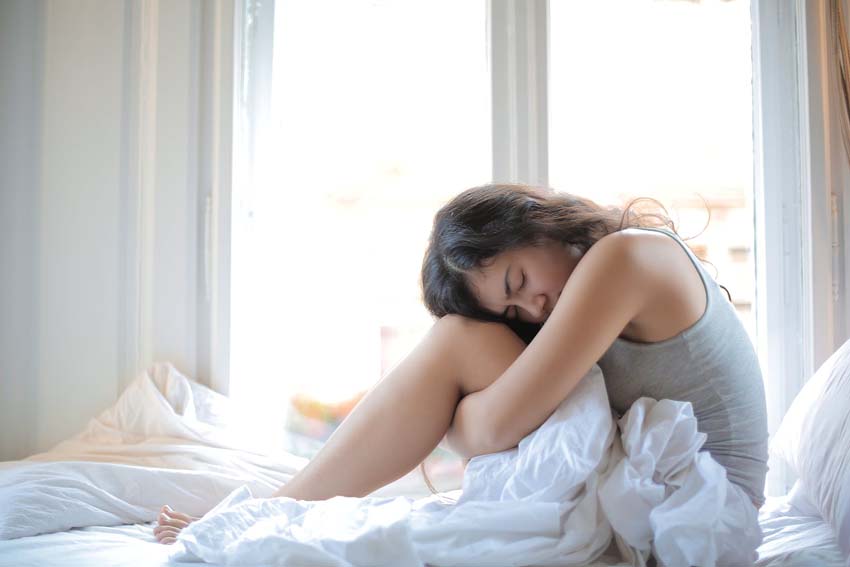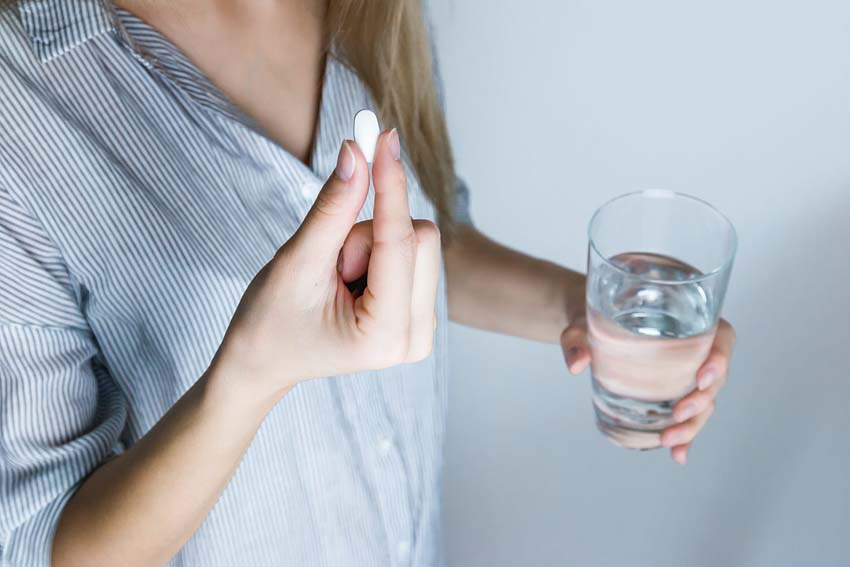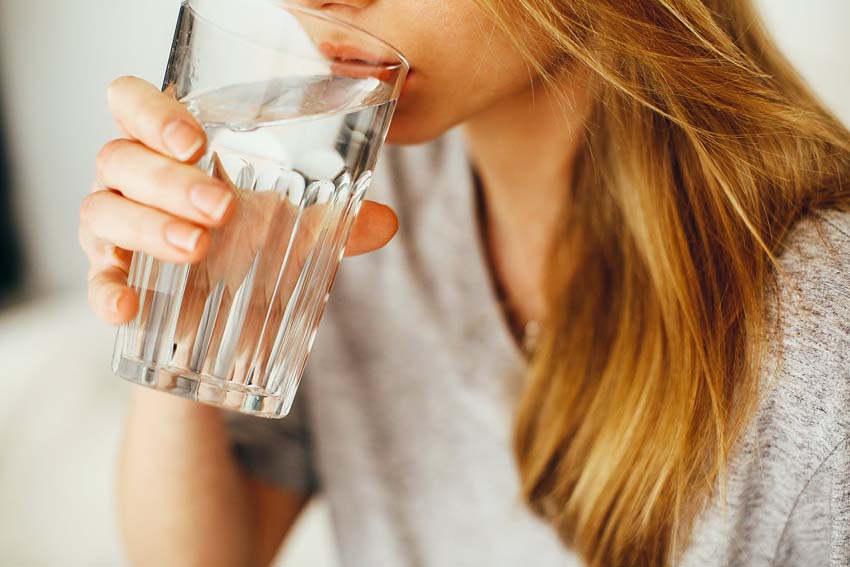From why we get period cramps, how to relieve and when to see a doctor, Dr. Farzana M. discusses everything you need to know about women’s reproductive health issues.
When we all hear the word health, the picture that flashes through our mind is physical and mental well-being. Besides that, there is another health called reproductive health. Although its contribution to health is not direct, it plays a major role in the well-being of every individual. Even so, people often ignore reproductive health, and don’t make a regular effect for its upkeep. In fact, it’s seldom discussed as a part of your daily health discussion.
So let’s step into a little deeper discussion on the reproductive health issues of women, where I’ll talk about the common issues and how to identify and solve them.
Reproductive Health
As we all know a girl hits puberty between the age of 12 to 19. Puberty is the transitional period of sexual maturation from our childhood to adolescence. We undergo an order of changes with the influence of hormones to attain puberty. Firstly, we would notice breast development and hair growth in pubis and underarms, followed by sudden spurt in physical growth and finally resulting in menstruation.
What’s a Menstrual Cycle?
Menstrual cycle is a series of monthly variations taking place in the inner surface of a woman’s uterus, which comprises of different phases. Let’s have a brief look at each of its phases.
- Menstrual bleeding phase
- Proliferative phase
- Ovulatory phase
- Secretory phase
Menstrual Bleeding Phase
When we look at a menstrual cycle, we start with the menstrual phase, because of the convenience of numbering the days. The menstrual cycle starts with bleeding. A reproductively healthy woman would have a bleeding period of 5-7days and the flow should be 30-80 ml. This means that changing 2-3 pads per day is normal. This bleeding occurs due to the withdrawal effect of oestrogen and progesterone when the pregnancy doesn’t take place. The discharge of blood through one’s vagina is caused by shedding of the thick inner surface of the uterus and rupture of the egg.
Proliferative Phase
When the bleeding stops, the uterus starts growing new cells and tissues again in our body to form a bed for the baby, assuming that pregnancy might take place during the next cycle. This growth is due to the effect of oestrogen which helps in the maturation of the ovum(egg) as well as the increased thickness of the inner uterine wall. This starts from the 5th day and ends at day 14.
Ovulatory Phase
The ovum (egg) matures completely and gets released into the uterus on the 14th day of the cycle. This is called ovulation. The days in and around the ovulation are the fertile period and there is a high chance of pregnancy during this period.
Secretory Phase
This phase lasts from 15 to 28 days after ovulation. The uterus further prepares itself with the influence of oestrogen and progesterone to implant the baby if there is pregnancy. In the absence of pregnancy, the hormone secretion declines resulting in the menstruation i.e., the menstrual bleeding phase begins. These phases continue and the cycle takes place till we attain menopause.
Although the subject of menstruation is not frequently discussed and is even considered taboo by some, it’s totally normal and healthy. As a young person, having a menstrual cycle may feel uncomfortable. However, there is nothing gross or embarrassing about it.
Later in life when you may want to start a family, don’t hesitate to have a chat about it with your partner or children. And besides that, having a regular cycle and balance of hormones in your body results in a sound health, both physical and mental. Hormones are responsible for many things in our body, such as minimizing our facial and body hair, keeping a good mood and feminine body structure.
Why is There Pain During Menstruation?
As I mentioned above, during your periods, the uterus peels its layers of tissue and the egg breaks down due to contraction of the uterus. When the contraction occurs, along with these actions the blood vessels of the uterine lining also breaks which results in pain or cramps. Some people may experience discomfort a few days after their cycle which is due to ovulation. Basically it is a good symptom to show that you are in good reproductive health.
Premenstrual Syndrome (PMS)
If you have symptoms like headache, feeling feverish, vomiting, diarrhea or constipation during your periods, you need not have to worry much because of any of this. It’s not a major problem as it happens only because of the hormonal changes which few can’t tolerate. In order to get the better of these symptoms you should feed on healthy and nutritious foods and consume liquids and Vitamin C.
Most of us tend to have mood swings in and around our periods. We would like to get pampered during that time. We will have varied behavioral changes like being moody or irritated, doing low in our performances, feeling lonely or anxious, even feel like crying sometimes. These are common PMS symptoms. You can overcome such mood swings by taking natural mood regulating foods such as nuts, oats, sunflower seeds, broccoli and wholegrain cereals which are rich in vitamin B1, B6 and E.
Some may feel no suffering during their cycles and it is due to anovulatory cycle which means there is no maturation of the egg taking place during the proliferative phase. This is because of imbalance in their hormone levels. If this is happening on a regular basis, they would need to visit to a gynecologist. Again it’s not a serious reproductive health issue and is nothing to be worried about. It’s treatable.
Home Remedies for Period Cramps
My sincere advice would be not to take medications for the cramps.
The pain during the cycle is totally normal. But if you experience pain that is too uncomfortable or abnormal for you, then you may go for some home remedies. These could be:
- Hot fomentation over the belly
- Massage your tummy with essential oil
- Take 10-15 fenugreek seeds
- Keeping yourself hydrated with proper fluid intake
- Snack on fruits such as raspberries and strawberries.
- Avoid junks as it may cause other stomach issues and aggravate your pain.
- Sip a cup of hot water flavored with lemon or mint.
If you feel excruciating pain, talk to your doctor or gynecologist and ask them if you need any medication.
When to Approach a Doctor?
A woman experiencing bleeding less than a day or more than 15 days, and if the interval between consecutive cycles is more than 60 days or less than 15 days, then it is a serious issue to be considered. The other symptoms include:
- Sudden weight gains with normal intake of food
- Darkening of neck and face
- Sudden increase in facial hair growth
- Irregular cycles
- Scanty bleeding
- Heavy bleeding with large clots
- Generalized body ache and weakness
- Breathlessness
- Palpitations
Minimal bleeding can occur in “Polycystic Ovarian Syndrome (PCOS)” which is one of the most common problems faced by females in today’s world. One may have scanty bleeding or a reduced number of days in their cycle or the interval between two consecutive cycles would be more than 60 days. “Abnormal uterine bleeding” is another group of reproductive health diseases in which one may undergo bleeding phase for more than 15 days or the amount of bleeding would exceed 100ml for at least 3-6 consecutive cycles.
If you or someone you know are going through any of these symptoms that I have mentioned above, please consult a doctor, or more appropriately a gynecologist, as soon as possible.
How to Lead a Reproductively Healthy Life?
In order to lead a healthy life, adapt yourself to a balanced diet, which includes more vitamins and minerals along with carbohydrates, proteins and fat on a daily basis. Your diet plays an important role in your reproductive health. Your body should equally break down the amount of calories you take in through carbohydrates into energy. To maintain this balance, you have to be active by doing regular exercise of 30 minutes thrice a week or keep a count on your steps on a daily basis. Or engage in any other physical activity that you are comfortable with.
Sedentary lifestyle and unhealthy food habits have become the major desire of people in this current generation. With the development of technology, from children to adults, I think that most of us have become couch potatoes. When energy expenditure through your diet is low, it gets stored in your body as fat, leading to obesity.
If you are inactive, you will burn less calories, your metabolism is affected which results in accumulation of fat in your body. People usually tend to think that consuming fatty foods lead to weight gain and obesity, but it’s not so. Most of the fatty foods such as ghee, cheese, vegetable oil, etc. breakdown as good cholesterol, whereas the extra carbohydrates you take in, wait for 12 hours a day for you to burn it out. After that time period, it turns into bad cholesterol and gets stored in all parts of your body. So you can feed on your cheesy foods in limited quantities but have to reduce your carbs like fries as they are unhealthy.
Cholesterol makes up most of the hormones. This excess cholesterol converts itself into hormones, majorly into oestrogen. Prolonged exposure to high oestrogen levels in the body end up in all forms of reproductive health issues especially cancers. This is the reason that breast and uterine cancers are common among the cancers across the globe.
Other Common Reproductive Health Issues
Young girls of age less than 12 attaining puberty is another blooming problem. This reproductive health issue is purely due to the food habits. Early puberty is completely because of oestrogen levels being higher than the requirement at that age. Try to avoid as much junk food and add more vegetables and fruits in your diet. Encourage kids not to have white meat and go for red meat and seafood instead, as prevention is better than cure.
Eat healthy! Stay healthy!
Also check out on OpiniOwn.com:
Psychological Changes during Lockdown & How to Cope with Them
Read next:
– 7 Best Period Tracker Apps to Keep Track of Your PMS & Ovulation Cycle
– PMS Comfort Food: 5 Best Recipes for Your PMS Cravings

Dr. Farzana M. is an MBBS graduate from Sree Balaji Medical College and Hospital (SBMCH), Chennai. She comes from a family of doctors and is currently working as General Practitioner in Tirunelveli with her father. She wishes to pursue a career in cardio-thoracic surgery.

